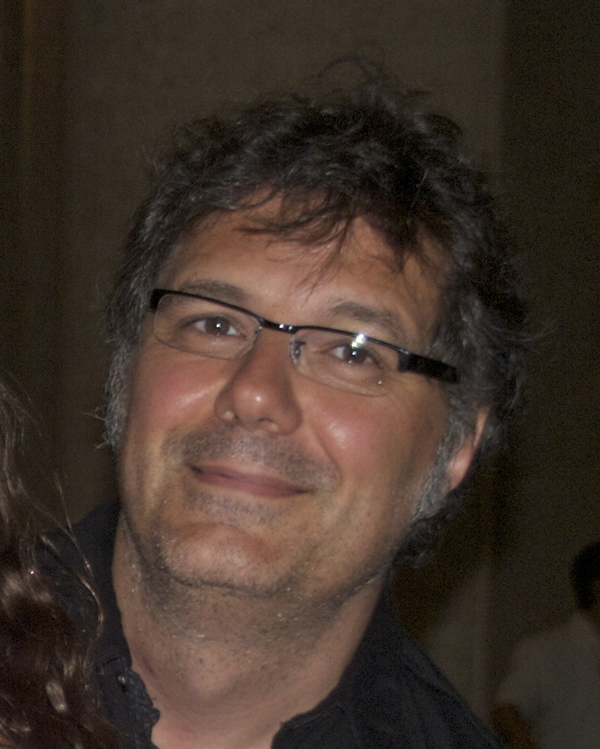Podcast: Play in new window | Download
Subscribe: Apple Podcasts | RSS
Dr. Lucas Pozzo-Miller is a Professor in the Department of Neurobiology the University of Alabama at Birmingham. He received his Masters and his PhD in Biology from Córdoba National University in Argentina, and completed post-doctoral fellowships at Case Western Reserve University with Dennis Landis and the Roche Institute of Molecular Biology with John Connor. He also performed research at the Marine Biological Laboratory at Woods Holewith Rodolfo Llinás. Lucas then held a Senior Staff Fellow position at the National Institute of Neurological Disorders and Stroke, within the National Institutes of Health before accepting a position at the University of Alabama at Birmingham. Lucas is joining us today to tell us about his journey through life and science.
The long-term interest of the Pozzo-Miller lab is to characterize the functional role of structurally defined neuronal compartments such as dendritic spines and presynaptic terminals, and how they participate in synaptic development, function and plasticity as they relate to learning and memory. We focus on the hippocampus due to its well-known role in learning and memory.
Neurotrophins such as brain-derived neurotrophic factor (BDNF) are secretory proteins that regulate neuronal survival and differentiation, as well as synapse development, function and plasticity. Neurotrophic factors are strong candidates to provide the molecular signaling pathways mediating complex interactions leading to appropriate dendritic maturation and synapse development. We focus on the actions of neurotrophins in the hippocampus to characterize the regulation of synaptic transmission and plasticity by slow-acting non-classical neuromodulators. Currently, we are investigating the “BDNF hypothesis” of Rett syndrome, a neurodevelopmental disorder associated with autistic features and intellectual disabilities that is caused by mutations in MECP2, a transcriptional regulator of many genes, including Bdnf. In our studies, we apply several functional and structural approaches to cultured neurons and acute and cultured slices of hippocampus, including intracellular recordings, Ca2+ and voltage-dye imaging, confocal microscopy, multiphoton excitation microscopy, as well as conventional and rapid-freezing electron microscopy.

Leave a Reply